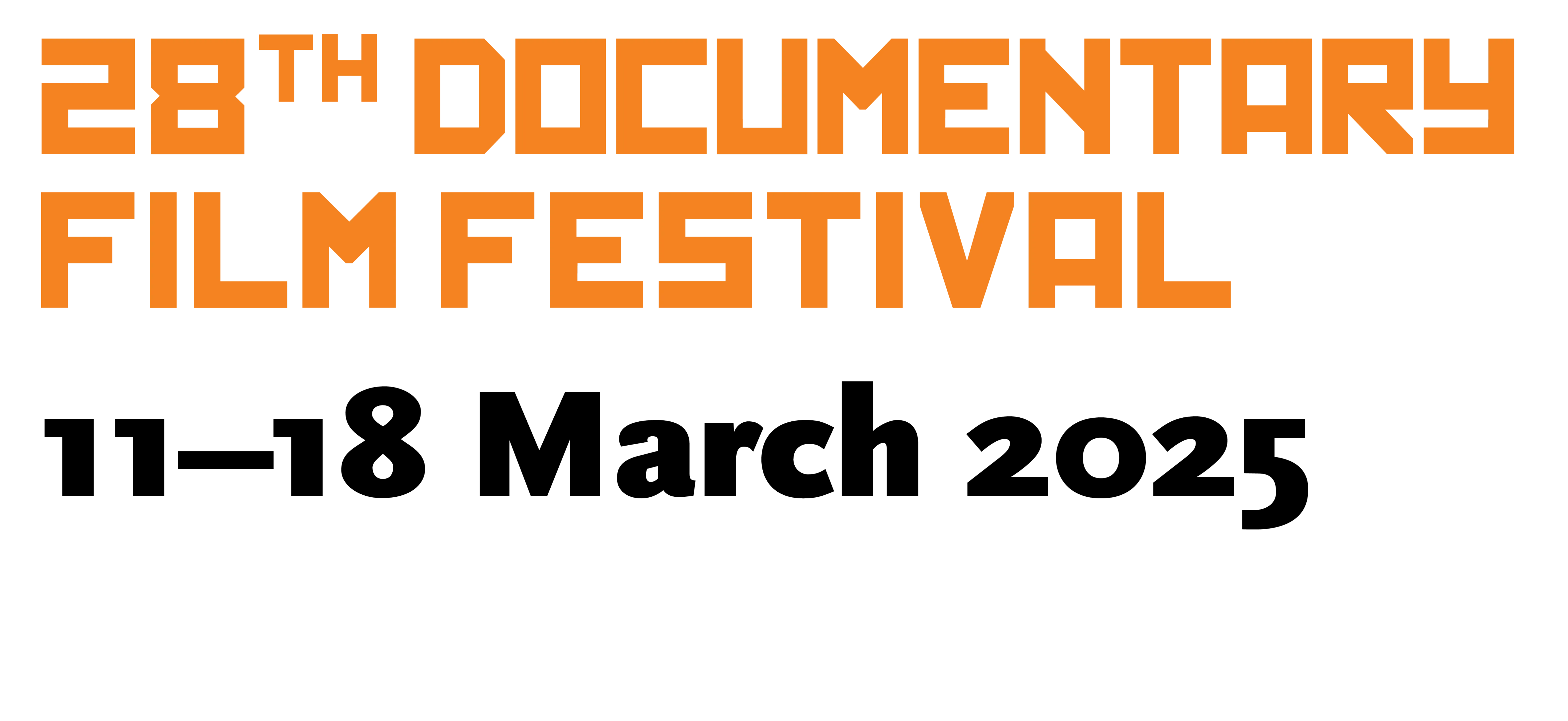-
Persistently Spotlighting the Overlooked
EditorialFilmmaker Maja Weiss has asserted herself as a seminal force in Slovenia’s film landscape – not only did she go down in the history of Slovenian cinema as the first female director of a full-length fiction film, Guardian of the Frontier (2002), but has made her mark primarily with a prodigious documentary output, both with TV and independent productions.
Maja Weiss’s film d'auteur is characterized by her choice of themes: she revives the ignored, minority voices that have been pushed to the sideline by social forces in different periods of time (e.g., in the films Jews in Slovenia [1989], The Expropriated [1991], Where Has the Working Class Gone? [2010], Angela Vode: Secret Memories [2011], Banditenkinder – Stolen Slovene Children [2014], Snatched from the Source [2023]); she approaches her protagonists, often children and young people, in an empathetic, but never patronising tone (e.g. Little Rus [1986], Boy – The Bloodbrother of Death [1992], Katarina from Slovenia [2004]), she addresses the spirit of the times with a focused presence and captures the evanescent images of the key moments in social transitions (e.g. On the Way Back [1993], Under Prešeren's Head [2004]). In this last-named context, of particular interest are the works created in tandem with Peter Braatz, Weiss’s creative and marital partner: the trilogy Slovenia from the Outside, Slovenia from the Inside and Slovenians from the Inside – On Slovenian Soul, produced between 1996 and 1997, is a good example of a zeitgeist portrait of Slovenia as a newly nascent state, deftly juggling the notions of nationality, character and stereotypes: on a quest for the "universal truths", what emerges is primarily their multiplicity and the conclusive determinism of a social space-time in which they are revealed. While her documentary approach reflects sensitivity towards people, environment and situation, Weiss’s documentaries are not purely observational. The moment her camera-eye (in some instances, most notably The Road of Brotherhood and Unity [1999], Weiss was known to operate the camera herself) catches the gaze of the protagonist, a dialogue is established that expresses the filmmaker’s personal engagement – the director can also feature in a take, either in front of the camera or as a voice behind the camera, until she becomes the subject as well, as in the autobiographical documentary My Way 50 (2018).
Weiss examines the concept of the objective gaze in documentary film also through a contemplated use of cinematic elements, most distinctly her relationship to music, which tends to almost override and detach itself from the image, acting as an alienation effect and opening up a space to reflect on the relationship between the image and (its) reality. It is also interesting to observe the exploration of these relationships in Weiss’s docu-fiction films – like her early foray into the mockumentary genre in the TV film Vote Me, I Like You (1990), a tribute to her native Metlika and its vibrant 1980s cultural and alternative scene.
In some ways, this youthful spirit of rebellion still emanates not only from the images Weiss creates in challenging the standardized gaze, but also from her stance as an artist who never gives up observing, listening, exploring and – whatever the conditions – making films.The Maja Weiss retrospective taking place within the context of the Documentary Film Festival is dedicated primarily to the director’s earlier period – from her student documentary Little Rus and works made for the RTV Slovenija, to her first independent productions and co-productions in the 2000s produced by Bela Film and other production houses.
The Maja Weiss retrospective will take place at the Slovenian Cinematheque between 12 March and 16 April 2025. The Slovenian Cinematheque is organising the retrospective in cooperation with the Documentary Film Festival (Cankarjev dom), the Slovenian Film Archives – the Archives of the Republic of Slovenia, RTV Slovenia, the Academy of Theatre, Radio, Film and Television – University of Ljubljana, the production company Bela Film and the Maja Weiss Institute.
Anja Banko
The Slovenian Cinematheque is organising the retrospective in cooperation with the Documentary Film Festival (Cankarjev dom), the Slovenian Film Archives – the Archives of the Republic of Slovenia, RTV Slovenija, the Academy of Theatre, Radio, Film and Television – University of Ljubljana, the production company Bela film and the Maja Weiss Institute.
